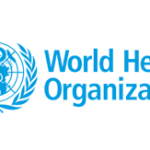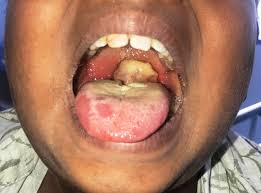Following new research highlighting its effectiveness in improving transplant outcomes, experts have called for the adoption of therapeutic apheresis, a blood-cleansing procedure, as part of standard post-kidney transplant care in the country.
The six-year review, conducted at the University of Virginia Health in the United States with support from the International Society of Nephrology, analysed 131 kidney transplant patients who underwent 860 therapy sessions between 2017 and 2022.
Findings published in the Journal of Clinical Apheresis showed that the treatment is increasingly being used to address antibody-mediated rejection, the leading cause of kidney transplant failure and responsible for nearly 70 per cent of cases studied.
Therapeutic apheresis, also known as blood-cleansing therapy, works by removing harmful antibodies and other blood elements that attack transplanted kidneys. The study indicated that it could be deployed alone or alongside other treatments to prolong organ survival.
Although the procedure carries some risks, most were described as minor and manageable. Of the 860 sessions, 16.7 per cent led to side effects, with hypocalcaemia (low calcium levels) being the most frequent, accounting for seven per cent. Other complications included mild hypotension, vascular blockages, arrhythmias, and clotting problems.
Despite these challenges, the outcomes were encouraging: about 73 per cent of patients remained dialysis-free after treatment, while 22 per cent eventually returned to dialysis or required another transplant. Just 8.4 per cent died during the study period, with only one death directly linked to the therapy.
Commenting on the findings, Chief Medical Director of Abia State Specialist Hospital and Diagnostic Centre, Dr Chimezie Okwuonu, said the data underscored the growing importance of therapeutic apheresis in preventing graft failure.
He noted that while hypocalcaemia remains a concern, strict monitoring and adherence to protocols can significantly reduce risks.
Okwuonu, a consultant nephrologist and fellow of the International Society of Nephrology, urged Nigeria to integrate therapeutic apheresis into routine post-transplant care, stressing the urgent need for investment in the technology.
“With transplant failures on the rise in Nigeria, resource-limited centres must begin to incorporate this treatment into their protocols,” he said.
Beyond clinical practice, Okwuonu has been instrumental in shaping national kidney care policy. He helped revise Nigeria’s guidelines for chronic kidney disease management in 2023 and contributed to the Ministry of Health’s new national framework for organ and tissue transplantation, completed earlier in 2025. He also serves on national committees on dialysis standards and acute kidney injury guidelines.







